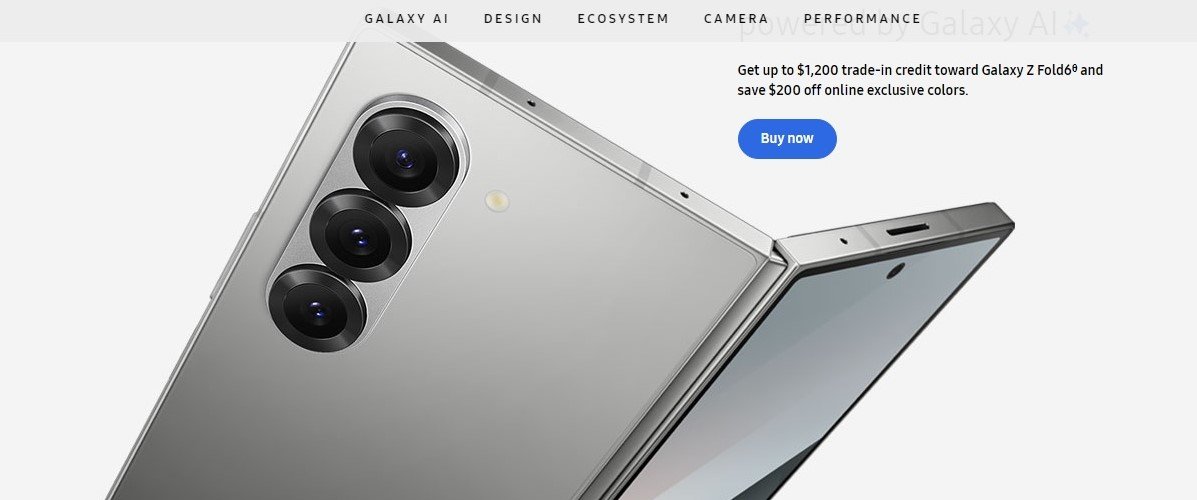
Everywhere you look, foldable phones are hailed as the next big thing in mobile technology. Tech reviewers rave about the screen real estate, the novelty of having a pocketable tablet, and how these devices signal the future of smartphones.
But let’s take a step back and challenge this narrative. Is the foldable phone really the revolution we’ve been waiting for, or is it just another shiny distraction?
1. Durability Concerns
The Hype: Foldable phones are just as durable as traditional smartphones.
Contrarian View: The reality is, these devices fold, which means more moving parts, more wear and tear. Despite the impressive engineering, the hinge mechanism and flexible screens are inherently less durable. How many times have you seen those durability test videos where the screen gives up after a few folds? There’s a reason manufacturers often offer extended warranties just for the screen.
2. Practicality vs. Novelty
Common Belief: A foldable screen offers unparalleled convenience.
Contrarian View: Sure, it’s cool when you unfold your phone to watch a video or read a document, but how often do you really need that? For most users, the primary function of a phone remains communication, quick texts, and social media scrolling – tasks that don’t necessarily benefit from a larger screen. Plus, the heft in your pocket or purse is significantly more than with traditional phones.
3. Price Justification
Common Belief: The high price tag is justified by the advanced tech.
Contrarian View: You’re paying a premium for a feature that might not integrate well into daily life for everyone. When you can get a top-tier non-foldable phone with excellent camera systems, battery life, and performance for less, does the foldable aspect truly add value? Or are we just paying for the novelty?
4. The Overlooked Aspects
Software Adaptation: Many apps aren’t optimized for the unique aspect ratios or shapes of foldable screens, leading to black bars or misformatted content. This can be frustrating and detract from the user experience rather than enhance it.
Battery Life Issues: More screen means more power consumption. Despite improvements, battery life can still be a significant concern, especially if you’re using the device in its larger form for extended periods.
5. The Future Isn’t Here Yet
Common Belief: Foldable phones are the future of mobile tech.
Contrarian View: Maybe they’re more of a stepping stone. The technology is still evolving, and we’re not at a point where foldables are universally better than conventional phones. Innovations like rollable screens or even holographic displays might push foldables into obsolescence sooner than we think.
So, while foldable phones are definitely an impressive leap in tech, let’s not jump on the bandwagon without a little skepticism. They’re fascinating, but are they practical for everyday use? Do they fit into our lives in a way that makes them indispensable, or are they just another shiny toy? Let’s keep an open mind and maybe wait for the tech to mature a bit more before we fully embrace the fold.
What do you think? Have you tried a foldable phone, or are you still on the fence? Let’s chat in the comments!
ALSO READ:
iPhone 16 Series Deep Dive: Specs, Features, and Performance Analysis
The 5 Best Portable Bluetooth Speakers for Music Lovers on a Budget




